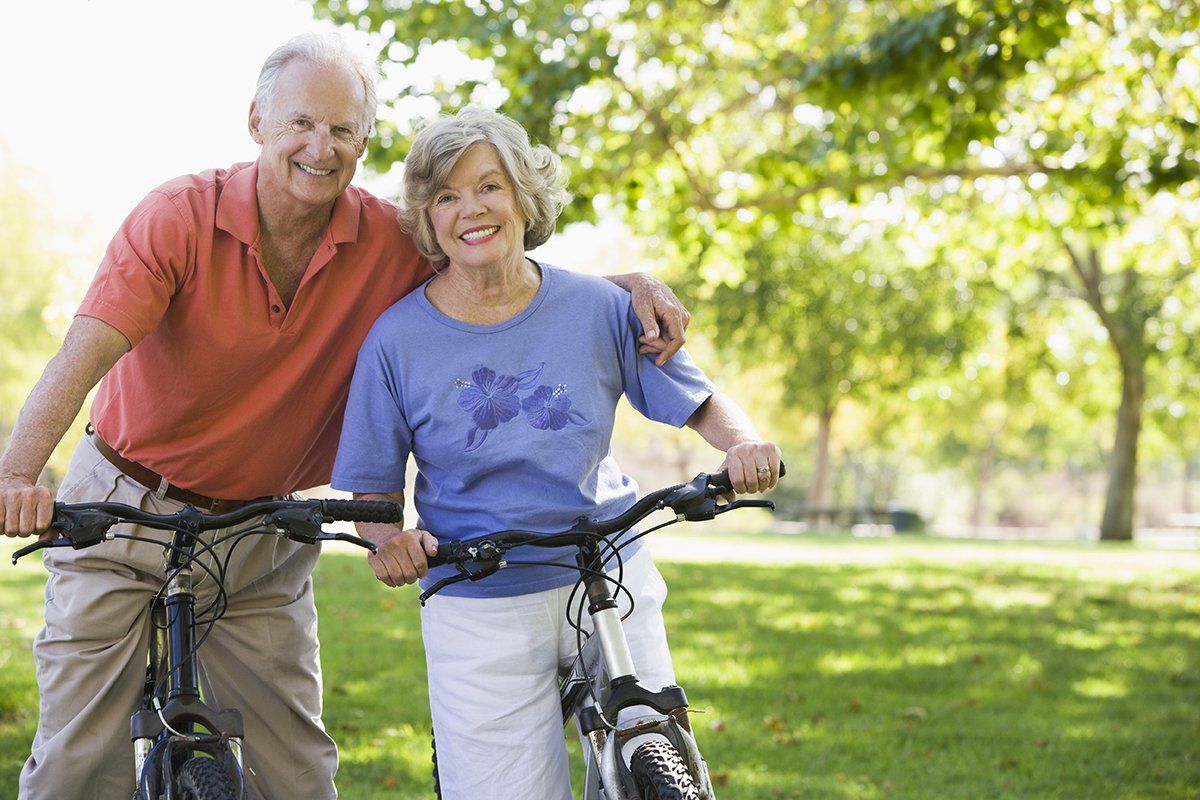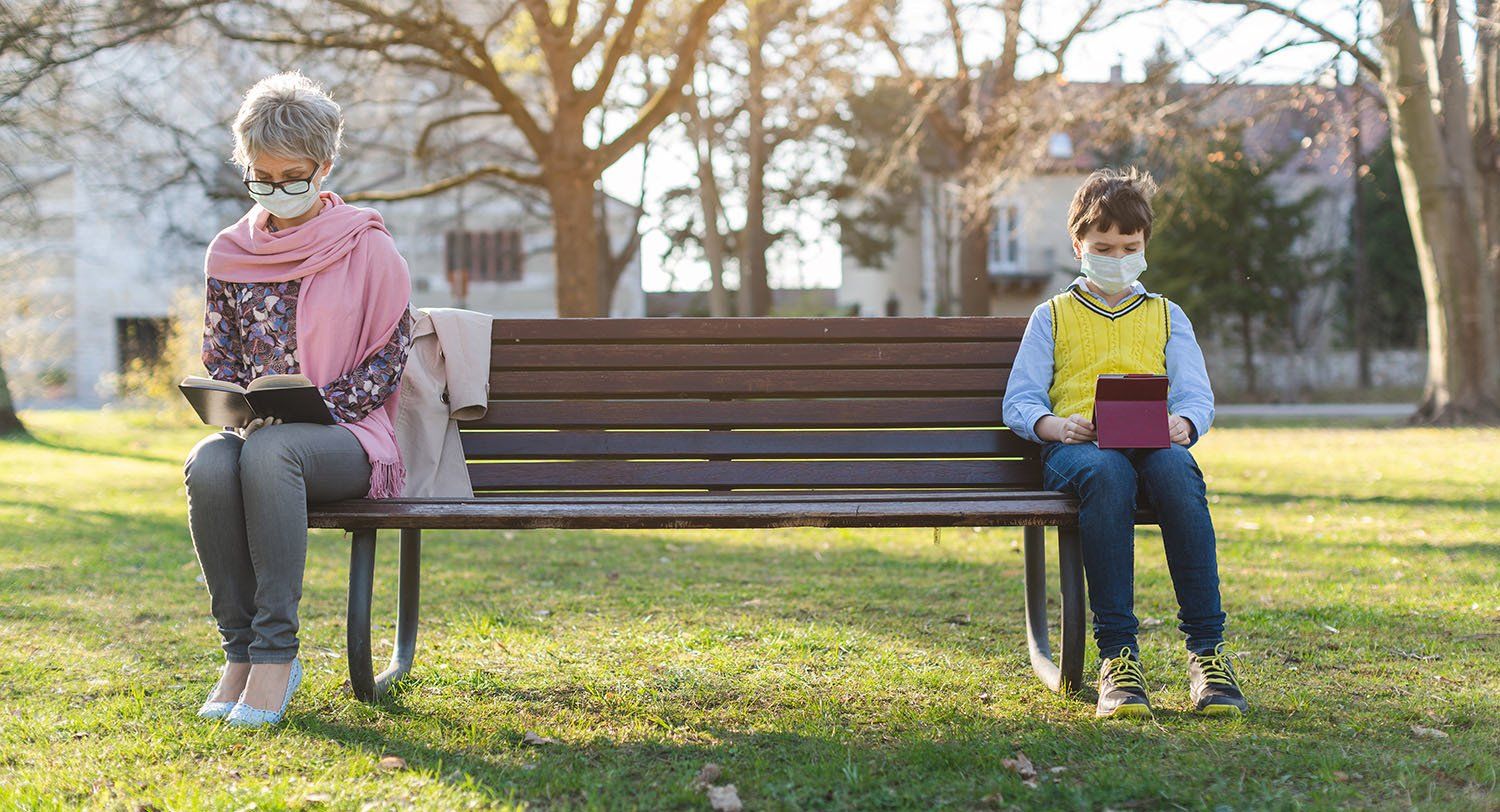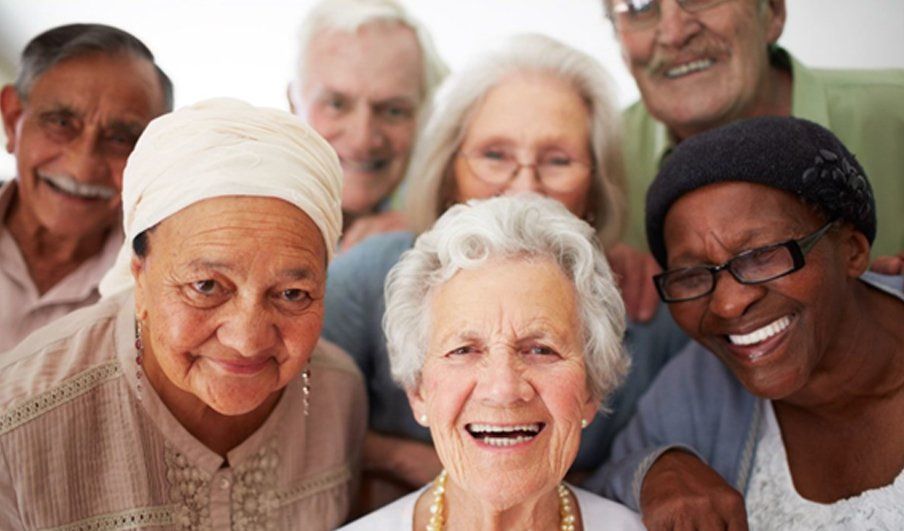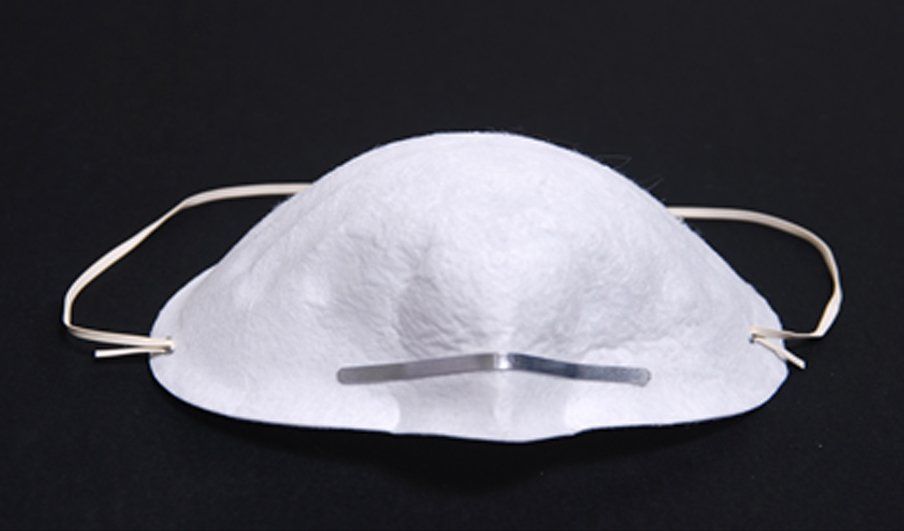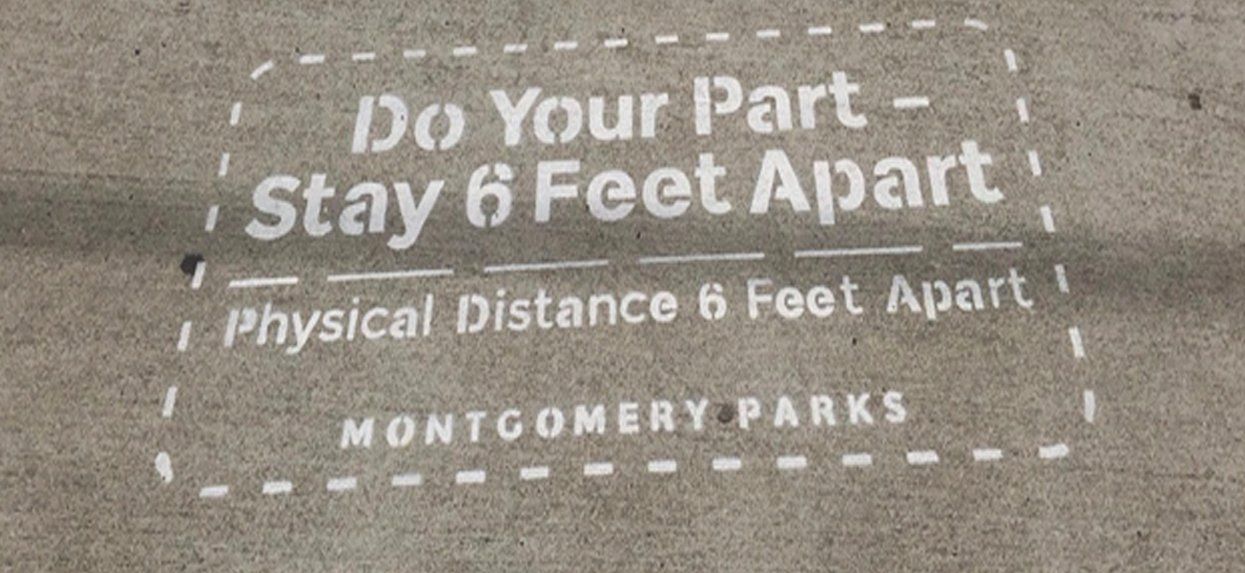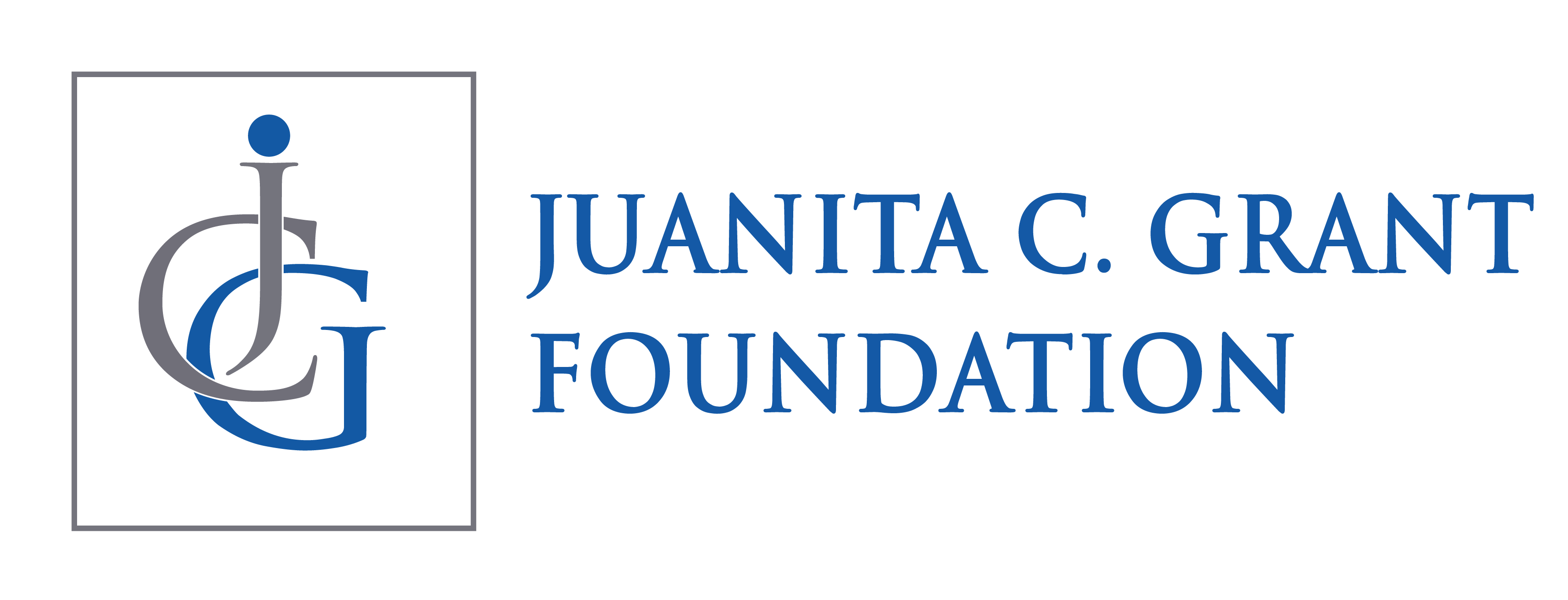Joining Forces to Combat Elder Abuse and Fraud Across the State of Maryland
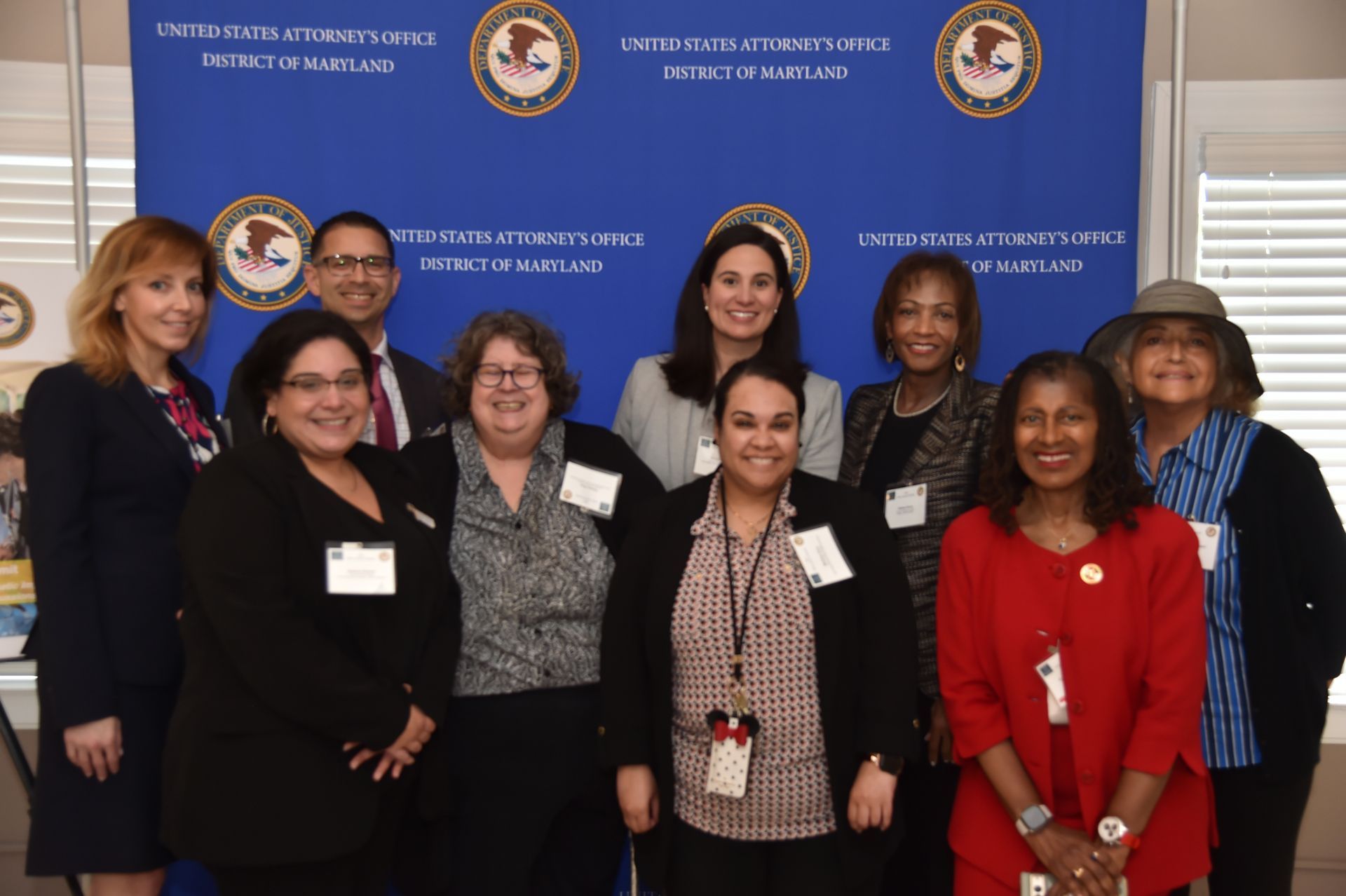
“Become a Disruptor”
On May 15th, 2024, the Juanita C. Grant Foundation and the United States Attorney's Office District of Maryland convened the first statewide, full day invitation-only summit on Victim Impact, Financial Fraud Prevention and Legal Rights at Prince George's Ballroom. This collaboration brought together 116 attendees from over 8 Maryland Counties. Attendees included federal and state prosecutors, medical experts, elder abuse, national and local nonprofits and older adult advocates and representatives of diverse communities. These groups joined across county boundaries, disciplines and career paths establishing common ground in developing targeted and intentional interventions to address "The Intersection of Elder Abuse, Traumatic Impact of Scams and Residual Health Repercussions."
The Summit is the culmination and celebration of 10 years of our work in Prince George’s County, the state and with national organizations to give voice to older adult issues. We often hear of the national perspective on elder abuse and fraud, but not from the grassroots level where the long-term repercussions of trauma take a physical toll and nest eggs are lost forever.
In serving as co-organizer and summit chair with the Maryland United States Attorney’s Office, it was the perfect opportunity to disrupt the usual process of pursing elder abuse. As anyone would tell you who knows me, challenging existing practices, beliefs and patterns of behaviors is something that is ingrained in me. All disruptors have one thing in common: they are change agents. Since 2018, the Juanita C. Grant Foundation has challenged the status quo by amplifying the voice of older adults, listening and taking the path to be a disruptor of elder abuse. "Financial fraud, scams, and elder abuse have seen alarming increases in recent years, with older adults often the most vulnerable targets." Elder Financial Abuse Statistics 2024: Common Scams & Frauds | ConsumerAffairs®.
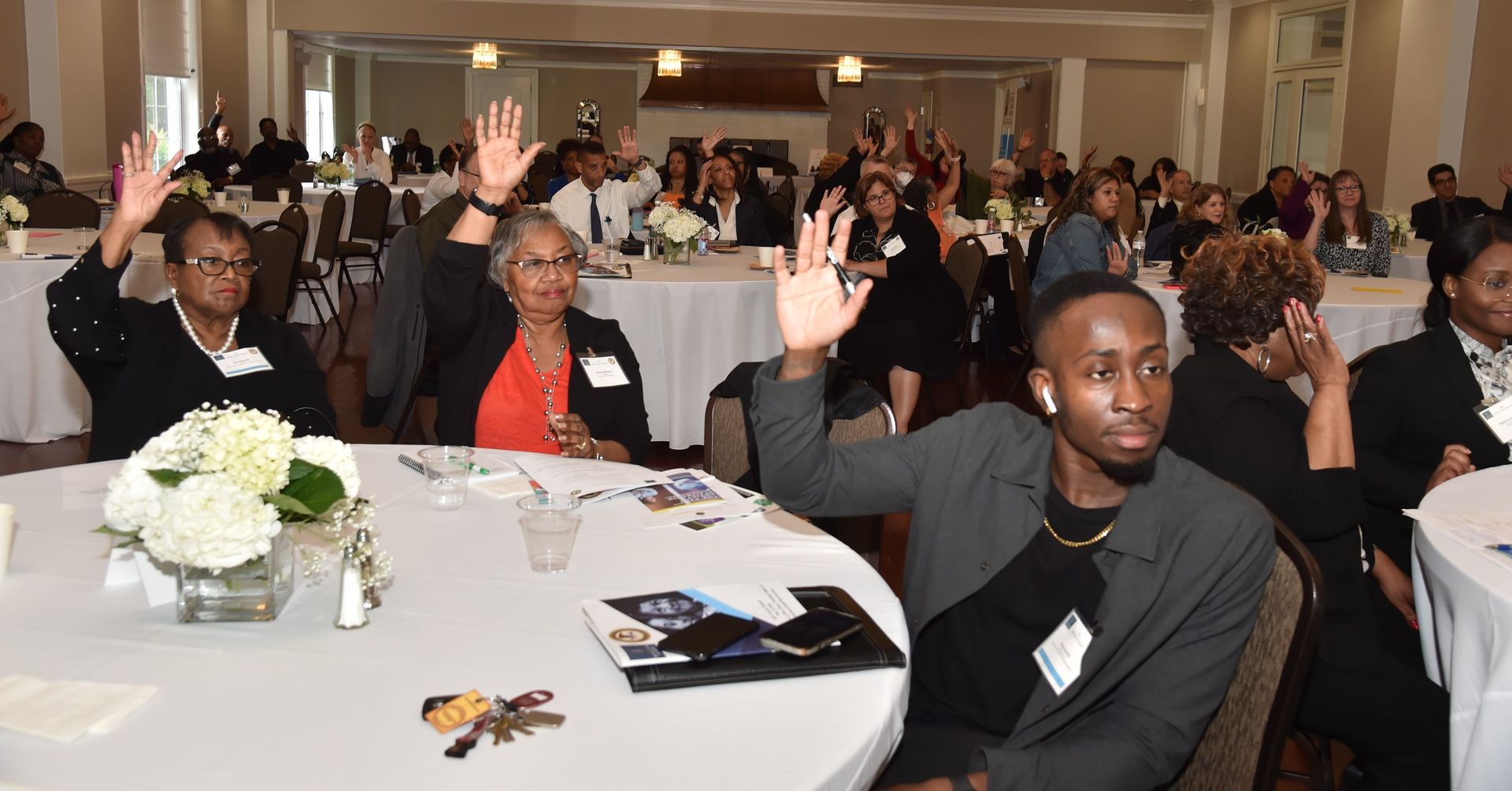
The Summit achieved its goal in challenging participants to network across agencies, disciplines, organizations and higher education research fields to create targeted and intentional interventions to disrupt and dismantle elder abuse. Our partners Erik L. Barron, Maryland United States Attorney, provided opening remarks followed by Andy Mao, Department of Justice’s National Elder Justice Coordinator, Elder Justice Initiative was the Keynote Speaker. The afternoon Special Guest Speaker was Deborah Royster, Assistant Director, United States Office for Older Americans/Consumer Financial Protection Bureau. Evelyn Cusson, Assistant United States Attorney, District of Maryland, National Coordinator for Human Trafficking, served as moderator for the morning panel entitled “Preventing and Interrupting Financial Exploitation of Targeted Communities.” Denise McCain, PhD, Executive Director Prince George’s County Family Justice Center moderated the afternoon panel entitled “ Dismantling the Trauma Caused by the Intersection of Elder Abuse, Exploitation and Health Repercussions.”
What was also amazing were the top 5 actions Summit participants committed to implement:
- Expand my network of agencies, non-profits and community leaders to work together in developing community specific approaches to eradicate elder abuse.
- Educate, educate, educate myself, co-workers, my friends, my family and my community on recognizing and taking action when suspecting elder abuse in any form.
- Reach out to older adults that are socially isolated and connect with them.
- Research and support legislation for the admissibility of Forensic interviews recordings for older adults as testimony/evidence in criminal prosecutions.
- Strengthen the role of banks in interrupting and dismantling financial schemes.
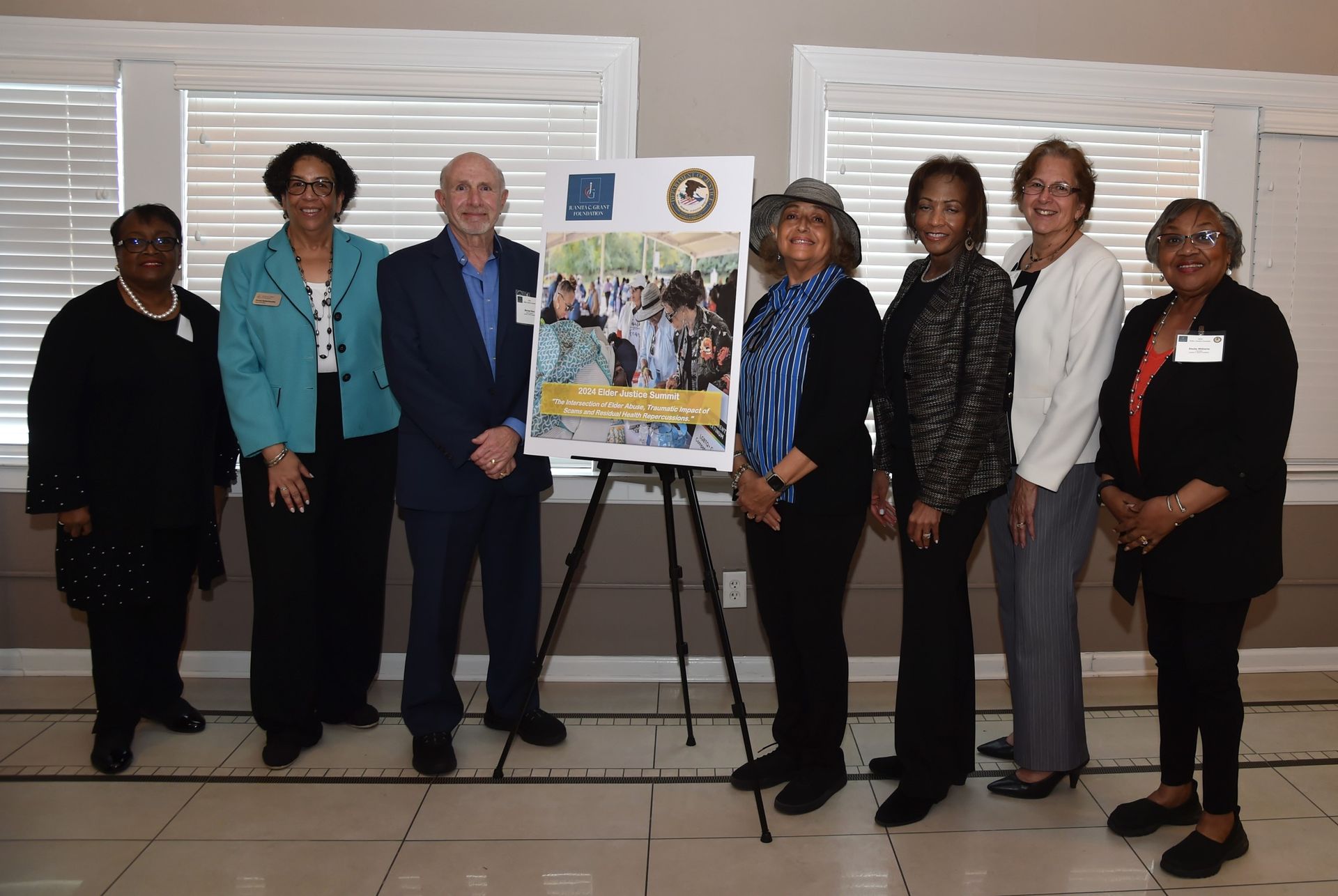
To support the forthcoming collaborative work from the Summit, the Juanita C. Grant Foundation is proud to announce a pioneering resource hub dedicated to elder justice and the prevention of elder abuse. This initiative represents our commitment to harnessing collective knowledge and fostering a community united against the injustice faced by older adults. By aggregating and curating a new wealth of resources from trusted agencies and experts, we aim to create a central repository that not only reflects our deep understanding of elder abuse but also serves as a catalyst for inspirational and behavioral change. Our goal is to transcend traditional silos to foster intentional collaboration and targeted interventions in the fight to protect and empower us as we all age together.
Must Read Newsletter
Sign up for news and events
Newsletter
Most Popular
